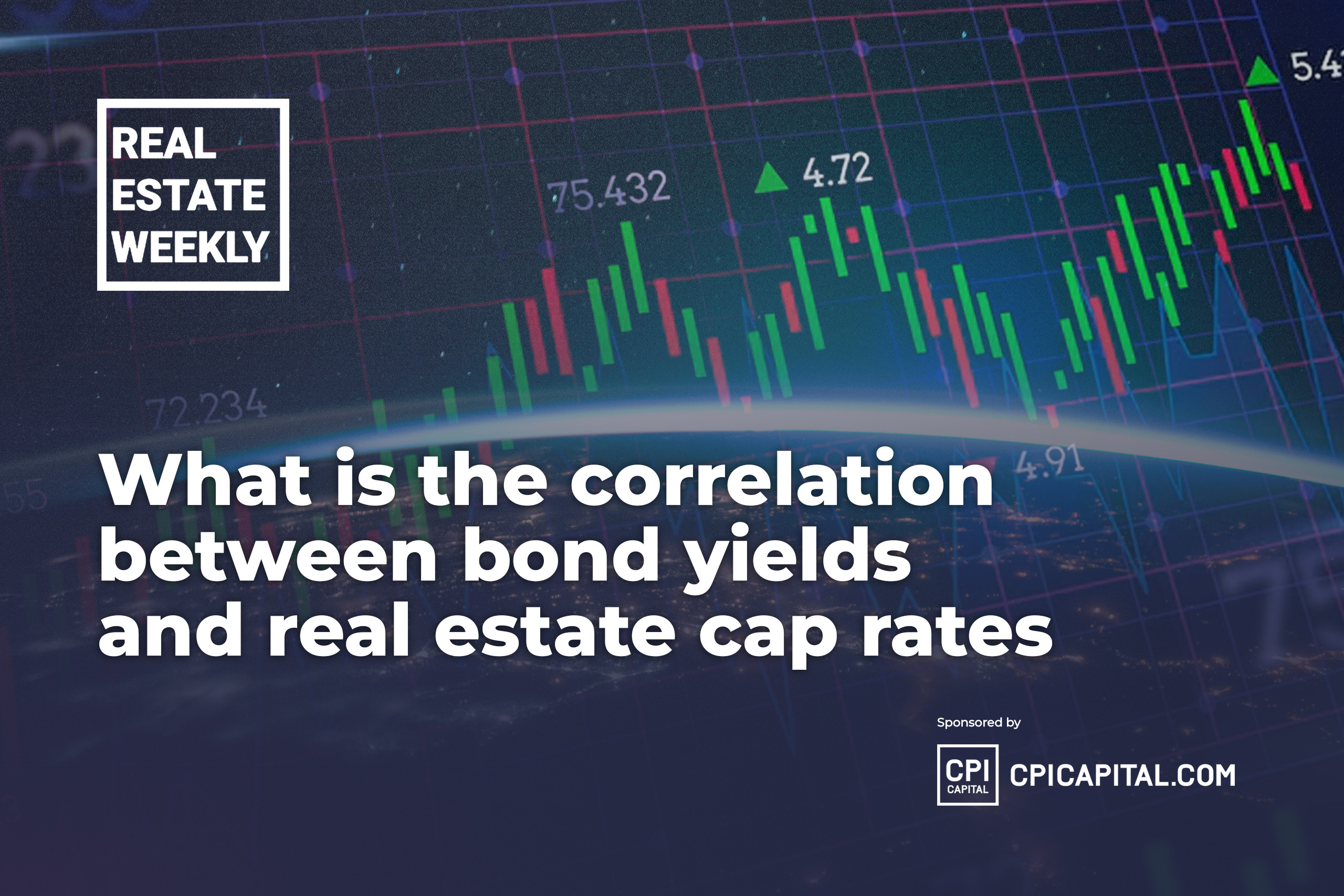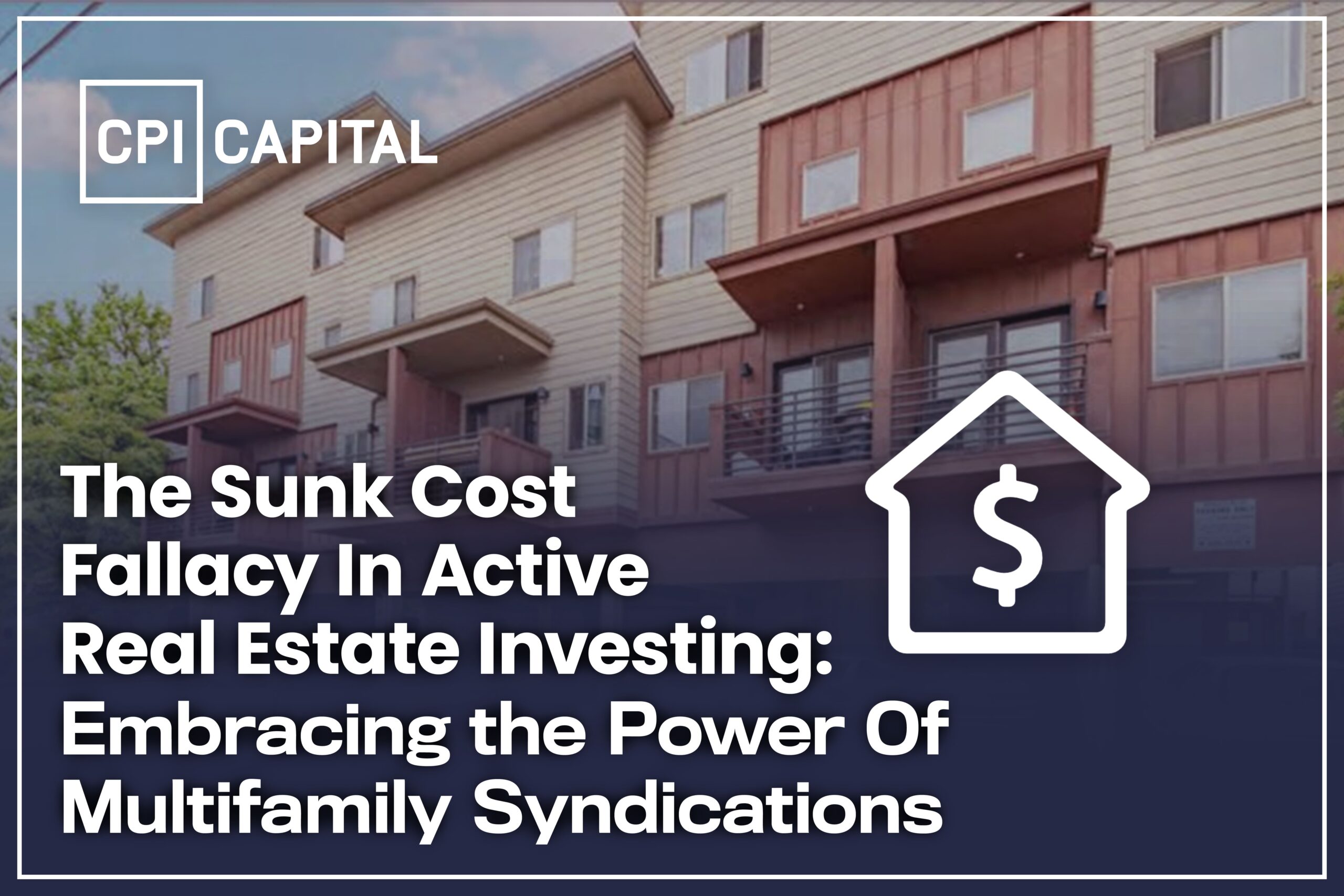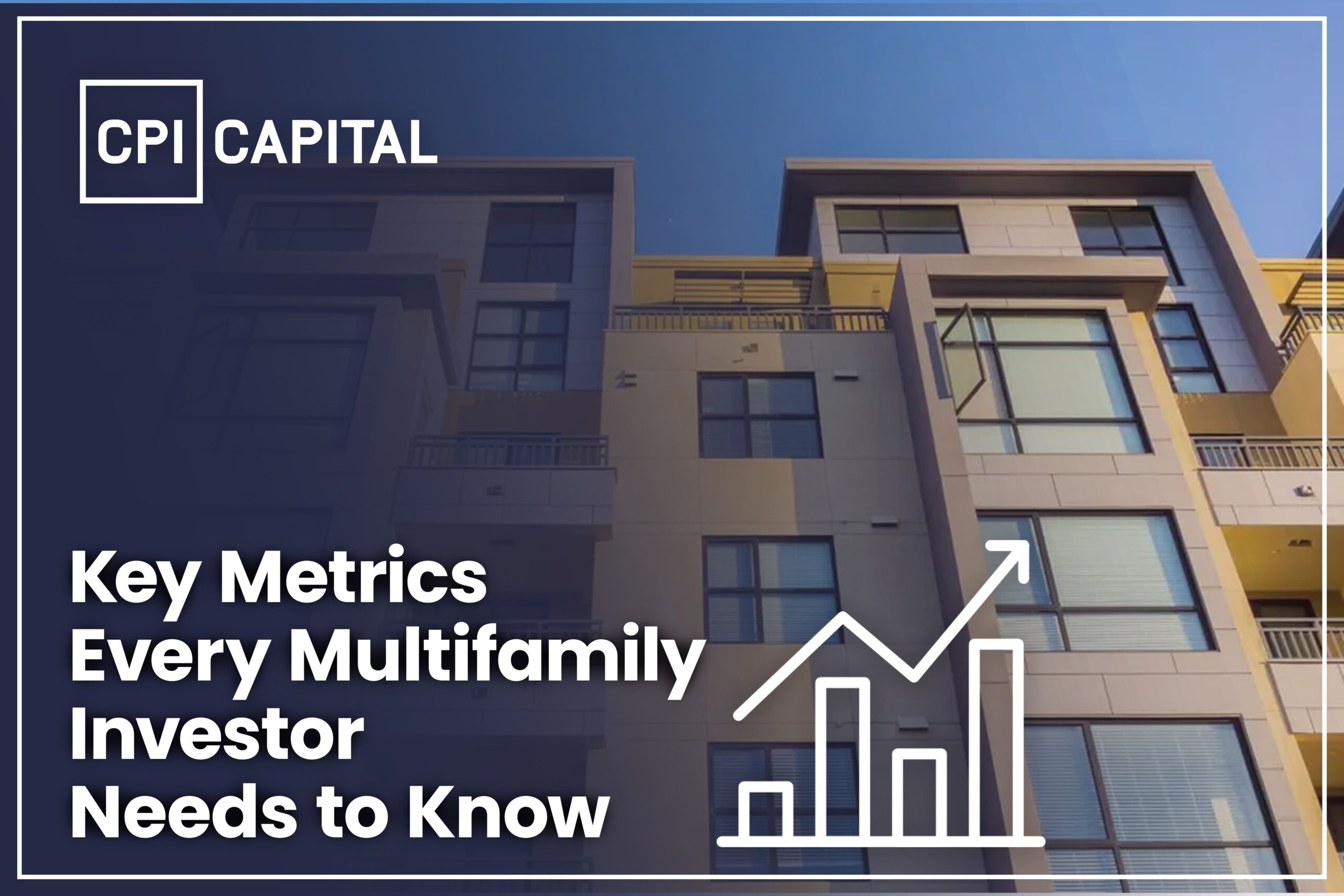
Dear valued existing investors and future investors,
It’s time again for this week’s CPI Capital’s news briefing. Our regular, weekly newsletter contains a mixture of updates, commentary and informative related articles about the lucrative world of passive real estate investment.
If you are already one of our subscribers, thank you. If you are not, take the chance to sign up to our newsletter now and keep right up to date with all you need to know about syndicated real estate investment!
Download and read our FREE e-book: 25 Fundamental questions to ask a Syndication Sponsor before making your investment
Multifamily and/or BTR-SFR investing (also known as real estate private equity investing or syndications) can be a lucrative and rewarding way to build wealth and diversify an investment portfolio. However, the world of real estate investing can be complex, and there are many terms and concepts that investors should be familiar with before getting involved—and then, ideally, only by working with qualified real estate professionals and trusted partners.
There are so many terms and phrases involved in the multifamily real estate industry and it’s almost impossible to list them all. However, in this week’s newsletter we’ll take a look at 50 of the more well-known real estate private equity terms that every investor should know!
Often used terms in multifamily and/or BTR-SFR syndicated investing
Accredited Investor(s): an individual or entity that meets certain criteria, such as high net worth or significant investment experience, allowing them to participate in private offerings
Acquisition Fee: a fee paid to the sponsor of the syndication for finding and acquiring a property
Asset Management: the process of managing a property after it has been acquired, including overseeing operations, financial reporting, and maintenance
Basis Points: a unit of measure used in finance to express the percentage change in interest rates or investment returns;
Bridge or Bridging Loan: a short-term loan used to bridge the gap between the purchase of a property and the sale of an existing property or other source of funds
Cap Rate: abbreviation for capitalisation rate, this is a measure of a property’s value based on its income potential. It is calculated by dividing the net operating income by the property’s current market value
Cash-on-Cash Return: a measure of the annual return on investment generated by a property, calculated by dividing the annual cash flow by the total investment
Closing Costs: the fees associated with the purchase of a property, including legal fees, title insurance and appraisal fees;
Co-General Partner: a partner in a real estate syndication who shares in the management responsibilities and risks of the investment
Commercial real estate encompasses several asset classes, which are categorised based on their use and income-generating potential
The main asset classes in commercial real estate include:
-
- Office buildings: designed and used for office space; can range from small, single-tenant buildings to high-rise towers; often rented to businesses and professional organisations
- Retail properties: includes properties used for retail purposes, such as shopping centres, strip malls, standalone stores and outlets; typically house retail stores, restaurants
- Multifamily properties: designed and used for residential purposes, with multiple units within the same building or complex; examples include apartment buildings, condominiums, townhouses and residential complexes
- Hospitality properties: include hotels, resorts, motels and other properties used for short-term accommodation;. designed to cater to travellers and tourists and typically provide amenities such as rooms, restaurants, conference facilities and recreational areas
- Healthcare properties: specialised facilities used for medical purposes; includes hospitals, medical office buildings, clinics, assisted living facilities and nursing homes
- Industrial properties: used for manufacturing, production, storage and distribution of goods; can include warehouses, distribution centres, factories and industrial parks. Often have specialised infrastructure and are located near transportation hubs.
Debt Service Coverage Ratio (DSCR): a measure of a property’s ability to generate enough income to cover its debt obligations. It is calculated by dividing the property’s net operating income by its annual debt service;
Due Diligence: the process of researching and analysing a property before making an investment. This includes conducting property inspections, reviewing financial statements, and researching market trends;
Equity: the ownership interest in a property, usually represented by shares in a real estate syndication;
Equity Multiple: a measure of the total return on investment generated by a property, calculated by dividing the total cash distributions by the total equity invested;
General Partner: the partner in a real estate syndication who is responsible for managing the investment and making investment decisions;
Gross Rent Multiplier (GRM): a measure of a property’s value based on its rental income potential. It is calculated by dividing the property’s sale price by its annual rental income;
Hard Money Lender: a lender who provides short-term loans at relatively high interest rates, often used for real estate/multifamily investments;
Holding Period: the length of time an investor plans to hold a property before selling it;
Internal Rate of Return (IRR): a measure of the annualised return on investment generated by a property, taking into account the time value of money and the timing of cash flows;
Joint Venture: a partnership between two or more parties to undertake a real estate investment;
Limited Partner: the partner(s) in a real estate syndication who provides capital but is not involved in the management of the investment;
Liquidity: the ease with which an asset can be bought or sold without affecting its price;
Loan-to-Value (LTV) Ratio: a measure of the amount of debt financing relative to the value of a property. It is calculated by dividing the loan amount by the property’s appraised value;
Mezzanine Financing: a type of financing that combines debt and equity, often used to fund real estate projects;
Net Operating Income (NOI): the income generated by a property after deducting operating expenses but before deducting debt service and income taxes;
Operating Expenses: the costs associated with operating a property, including property taxes;
Passive Investor: an investor who provides capital but is not involved in the management of a real estate syndication;
Preferred Return: a priority distribution of profits to investors, typically paid before the general partner receives a share of profits;
Private Placement Memorandum (PPM): a legal document that provides detailed information about a real estate syndication and its risks to prospective investors;
Pro-forma: financial projections of a property’s income and expenses, typically used to estimate future performance;
Property Management: the process of managing a property on a day-to-day basis, including leasing, maintenance and tenant relations;
Real Estate Investment Trust (REIT): a company that owns and operates income-generating real estate assets and is required by law to distribute a certain percentage of its income to shareholders;
Refinancing: the process of replacing an existing loan with a new loan, often to take advantage of lower interest rates or to access equity;
Return on Investment (ROI): a measure of the profitability of an investment, calculated by dividing the net profit by the total investment;
Sale Leaseback: a transaction in which a property owner sells the property to an investor and then leases it back from the investor;
Senior Debt: a type of debt financing that has priority over other types of debt in the event of default or bankruptcy;
Sponsor: the party responsible for creating and managing a real estate syndication;
Subordinate Debt: a type of debt financing that has a lower priority for payout than senior debt in the event of default or bankruptcy;
Syndication: the process of pooling capital from multiple investors to fund a real estate investment;
Taxable Income: the portion of a property’s income that is subject to Federal and State income taxes;
Tenant Improvements (TI): improvements made to a property to meet the specific needs of a tenant, often paid for by the landlord;
Title Insurance: insurance that protects against losses from defects in the title to a property;
Turnkey Property: a property that has been fully renovated or developed and is ready for immediate occupancy or use;
Underwriting: the process of evaluating a property’s financial performance and potential before making an investment decision;
Upside: the potential for a property to generate higher returns than originally projected;
Vacancy Rate: the percentage of units in a property that are not occupied by tenants;
Value-Add: a real estate investment strategy that involves making improvements to a property to increase its value and generate higher returns;
Yield: the income generated by a property as a percentage of its value or cost;
Zoning: the regulations that govern the use of land, including the type of buildings and activities that are allowed in a particular area;
1031 Exchange: a tax-deferred exchange of like-kind properties that allows investors to defer capital gains taxes;
506(b) Offering: a private placement offering that allows up to 35 non-accredited investors to participate, as well as an unlimited number of accredited investors.
SIGN UP HERE to receive our investment offerings
CPI Capital understands that real estate syndications are a complex and highly specialised field and always encourage investors to familiarise themselves with key terms and concepts to make informed investment decisions.
Additionally, working with an experienced and knowledgeable investment partner such as CPI Capital can help investors navigate the complexities of real estate private equity and enjoy attractive investment returns.
Yours sincerely,
August Biniaz
CIO, Co-Founder CPI Capital

Ready to build true wealth for your family?
It all starts with passive income. Apply to join the CPI Capital Investor Club.
Search
Recommended

What is the Correlation Between Bond Yields and Real Estate Cap Rates?
Dear valued existing investors and future investors, Welcome to CPI Capital's regular news...

The Sunk Cost Fallacy In Active Real Estate Investing: Embracing The Power of Multifamily Syndications
Dear valued existing investors and future investors, Welcome to this week's CPI Capital's news...

Key Metrics Every Multifamily Investor Needs to Know
Dear valued existing investors and future investors, Welcome once again to this week’s CPI...


